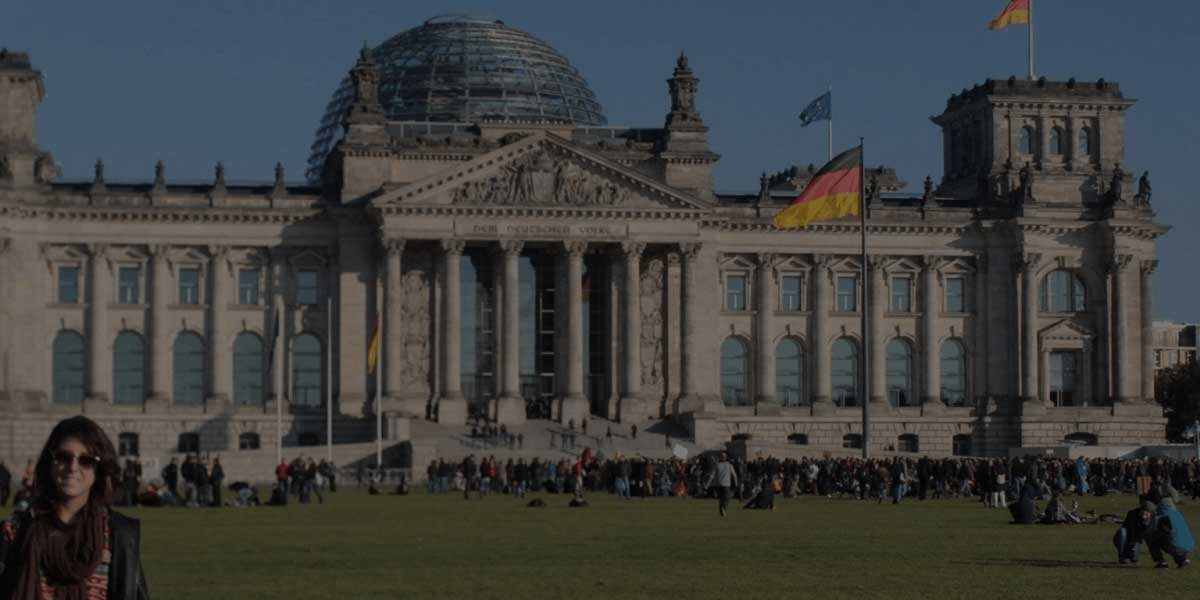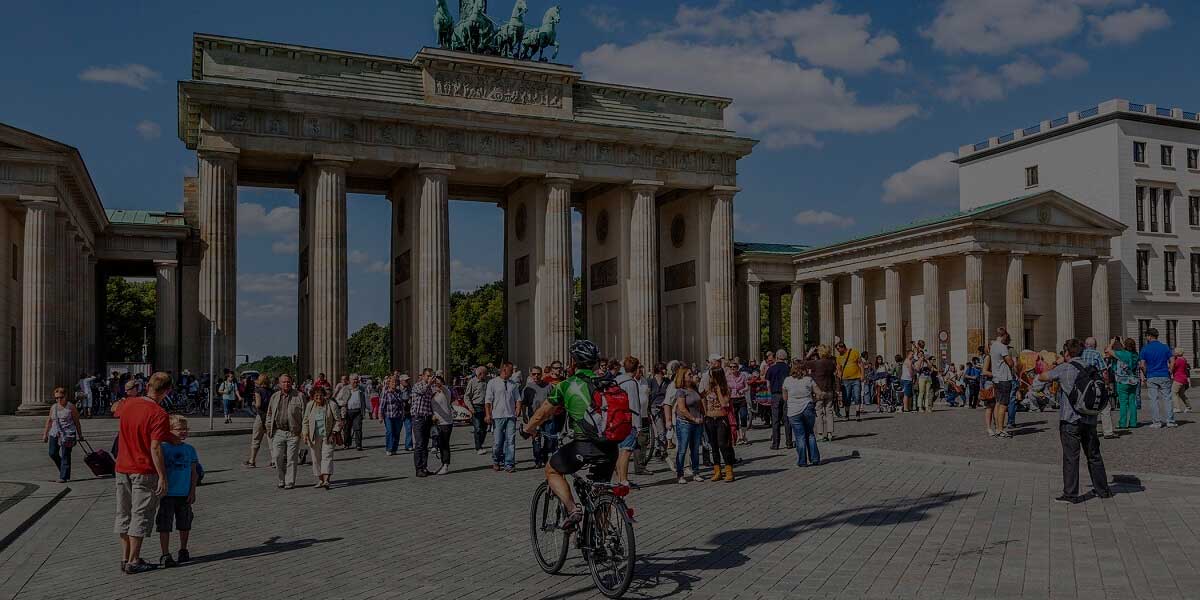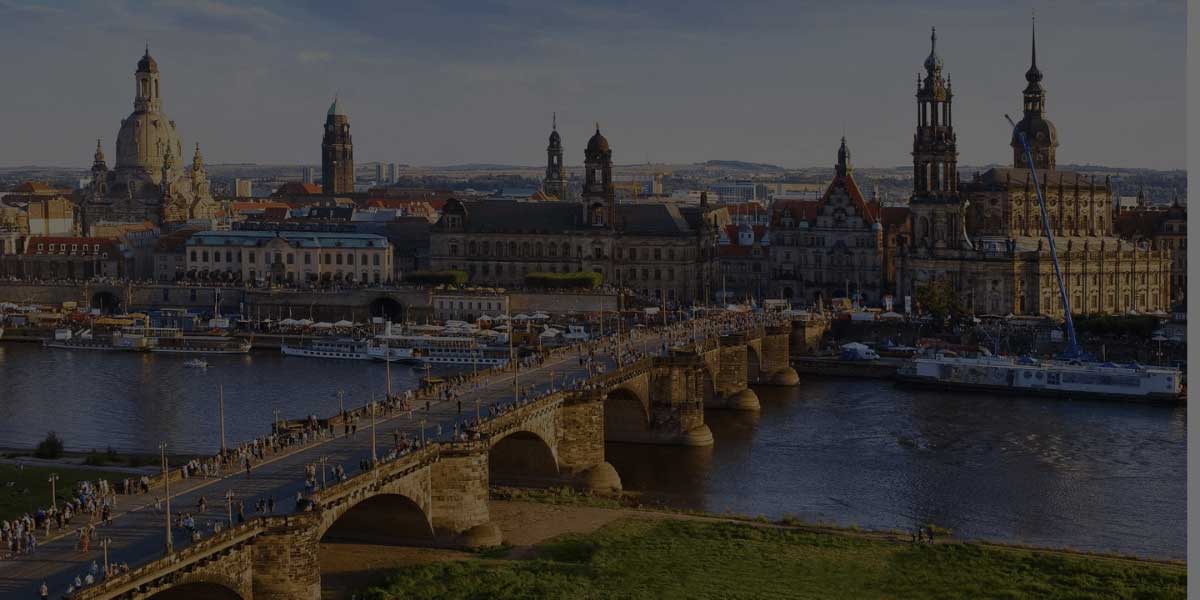About Germany
Description
Located in the heart of Europe Germany is renowned world over for its diverse landscapes and exciting cities. Germany is the third most popular study destination, beaten only by the USA and the UK.
After the United States, it is the second most popular migration destination in the world. Germany is a combination of cutting-edge cool and timeless tradition, wrapped up in a package of spectacular landscapes, vibrant metropolises and idyllic half-timbered villages, architectural masterpieces and fairy-tale palaces. The world’s fifth-largest economy in the world Germany is a leading exporter of machinery, vehicles, chemicals, and household equipment and benefits from a highly skilled labour force.
Things to know about Germany
-
1German Cities
Germany has a number of large cities. Almost half of Germany's inhabitants live in some 75 cities, with Berlin being the largest followed by Hamburg and Munich. In all university towns in Germany – from the large, pulsating cities to the quieter towns – you can discover much about their long history. Small towns and large cities offer an abundance of cultural highlights.
-
2Germany Transportation
Germany is a transport hub for the continent of Europe. There are many ways to travel from place to place in cities and throughout the country – be it by bicycle, bus, or rail. Cycling is a popular activity in Germany – especially among students. Not only is it good exercise and inexpensive, but it protects the environment and is extremely practical for getting around town. Residents in larger German cities use public transportation to get around town, which include busses and local railway lines. Germany has established a polycentric network of high-speed trains. The InterCityExpress or ICE network of the Deutsche Bahn serves major German cities as well as destinations in neighbouring countries. To cut travel expenses its preferred to purchase discount cards such as “BahnCard 25” or “BahnCard 50”. This card automatically reduces the price of your ticket by either 25 or 50 percent.
-
3German Culture
Often referred to as the 'land of poets and thinkers', Germany is home to renowned musicians, writers, scientists and philosophers. Germany is well known for such folk festival traditions as Oktoberfest and music festivals. Some of the oldest ones date back to the 1920s. Most of them take place in the summer and are open-air events. The months of June, July and August are the peak seasons for festivals.
-
4German Holidays
Holidays and celebrations take place all year round in Germany. There are a number of public holidays in Germany determined by each state; 3 October has been a national day of Germany since 1990. Businesses, universities and other institutions are usually closed on public holidays.
-
5Cost of Living
Compared to other European countries, the cost of living in Germany is quite reasonable. The prices for food, accommodation, clothing, cultural events, etc. are basically in line with the EU average. For a student the average living cost can vary between 800 to 850 Euros per month, however for certain areas closer to the city centre such as Hamburg or Munich the cost may be higher.
-
6Learn German Guide
Good German language skills can help you feel more at home in German speaking countries. No prior German language knowledge is necessary if you enrol in an English-language degree programme, but you do need very good English skills.
A very good option is that most of the universities offer the possibility to learn German for the daily use of the language before or during the English taught study program in Germany. Many of these language course offers are even without charge. We recommend that you acquire theses German skills as it opens up for careers and the German job market, but stress that this is not a mandatory part of the study program / schedule.








